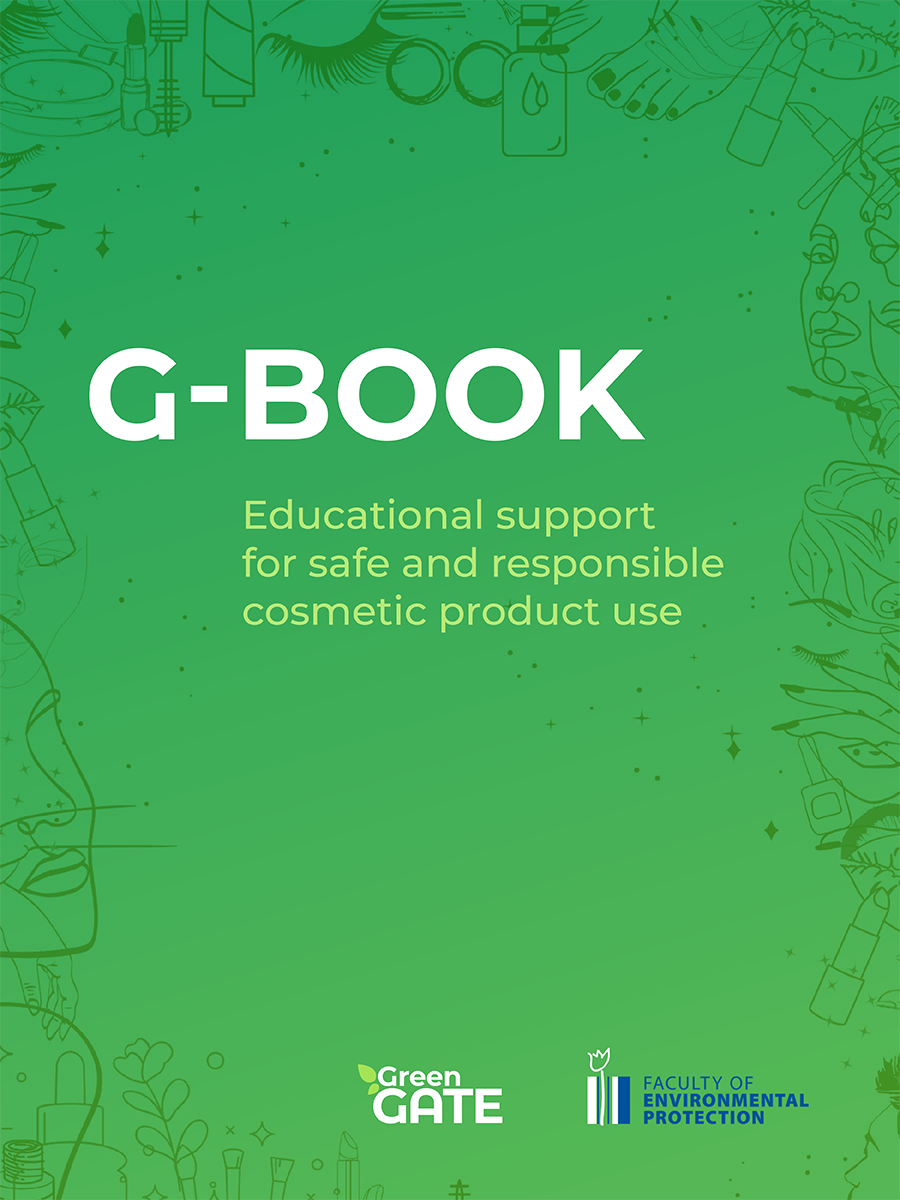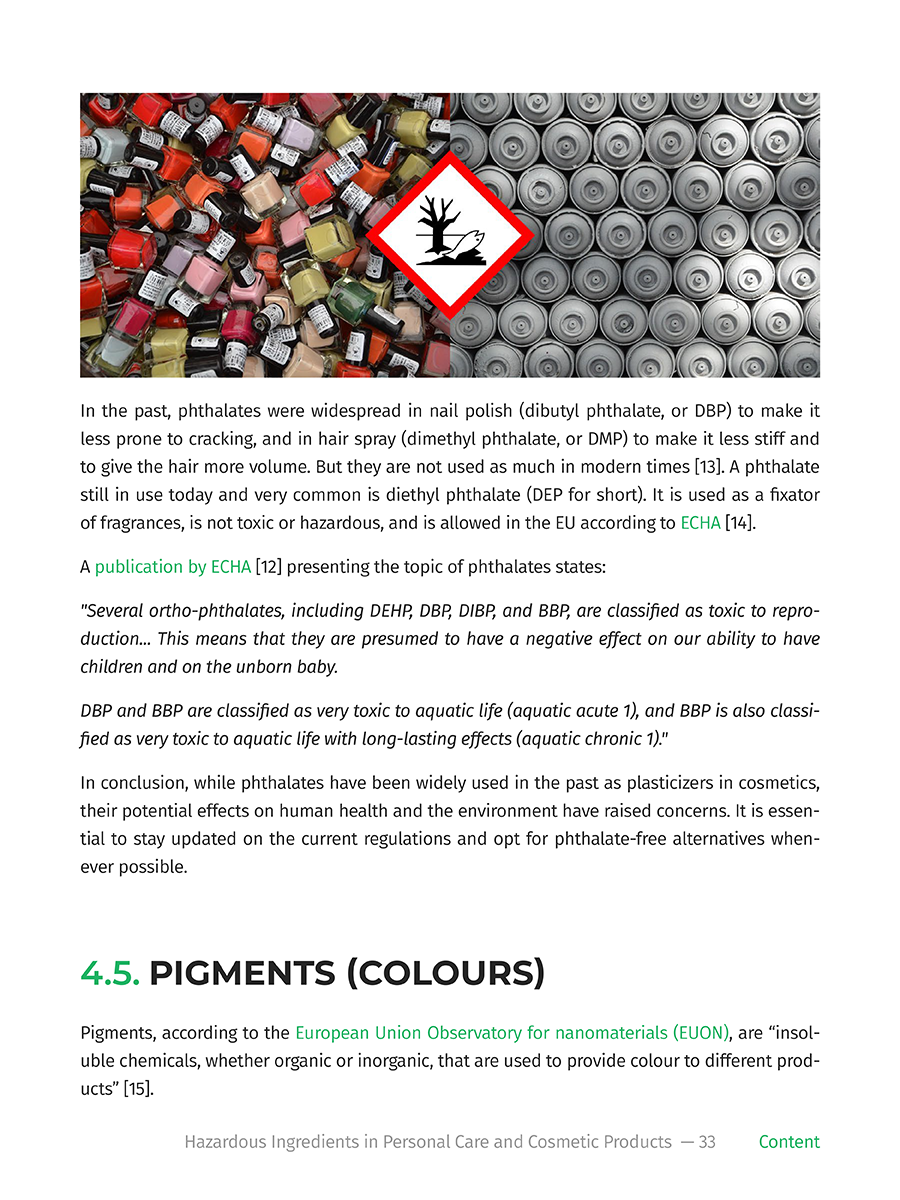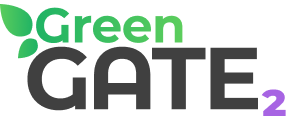G-book
Expand your knowledge related to the responsible use of cosmetic products through a curated short read.
What is it about?
G-book presents a convenient, educational, and professional support in researching the safe and responsible use of cosmetic products – it will take you on a short reading adventure all the way from cosmetic products to the complex relationship they have with your skin and the environment. In its 6 chapters, the book focuses on the crucial levels of the daily relationship between the user and a personal care product/cosmetic product. It presents them to the broadest public in a friendly and professional manner.



Which topics are covered there?
The contents try to ensure that users gain knowledge and information about the following topics:
- the basics, such as knowing the skin (which represents our first physiological contact with personal care products),
- the introduction into chemical substances and ingredients of personal care products,
- potentially dangerous or undesirable ingredients,
- plastics as an ingredient or packaging material,
- legislative and restrictive aspects of cosmetics,
- and finally, the environmental risks posed by the global production and use of cosmetic products.
Who created the G-Book?
The Faculty of Environmental Protection (FVO) is an independent institution of higher education that teaches environmental protection in the broadest terms. The teachings overlap in natural sciences, engineering, bioengineering, and social and humane arts. The faculty was founded as the Environmental Protection College in 2006 and became a faculty in 2022.
FVO offers two Bologna-compliant courses, a three-year undergraduate and a two-year postgraduate master’s study. Research activities on the faculty are conducted in the scope of various national and international projects, such as target research programmes for end-users and various EU programmes. The faculty is a holder of the new Erasmus certificate for tertiary education for the period 2021-2027, with which it has the possibility of cross-institutional connectivity in the educational, apprenticeship and research fields.


The GreenGate project (reg. n. 2021-1-CZ01-KA220-ADU-000026171) and GreenGate₂ project (reg. n. 2023-2-CZ01-KA220-YOU-000174554) were implemented as part of the Erasmus+ programme with financial support from the European Union.
Funded by the European Union. Views and opinions expressed are however those of the author(s) only and do not necessarily reflect those of the European Union or the European Education and Culture Executive Agency (EACEA). Neither the European Union nor EACEA can be held responsible for them.
This platform follows the Creative Commons agreement. Attribution-NonCommercial-NoDerivatives (CC BY-NC-ND) - https://creativecommons.org/licenses/by-nc-nd/4.0/
